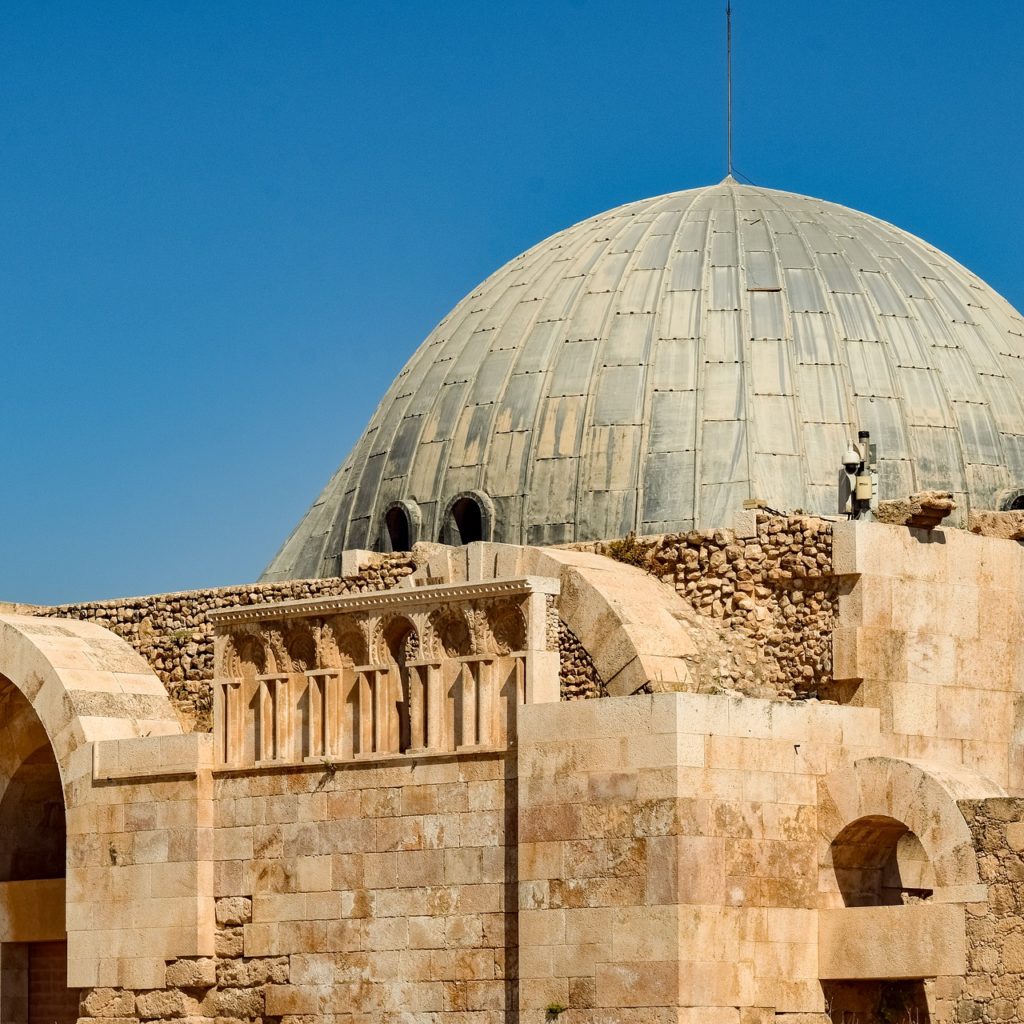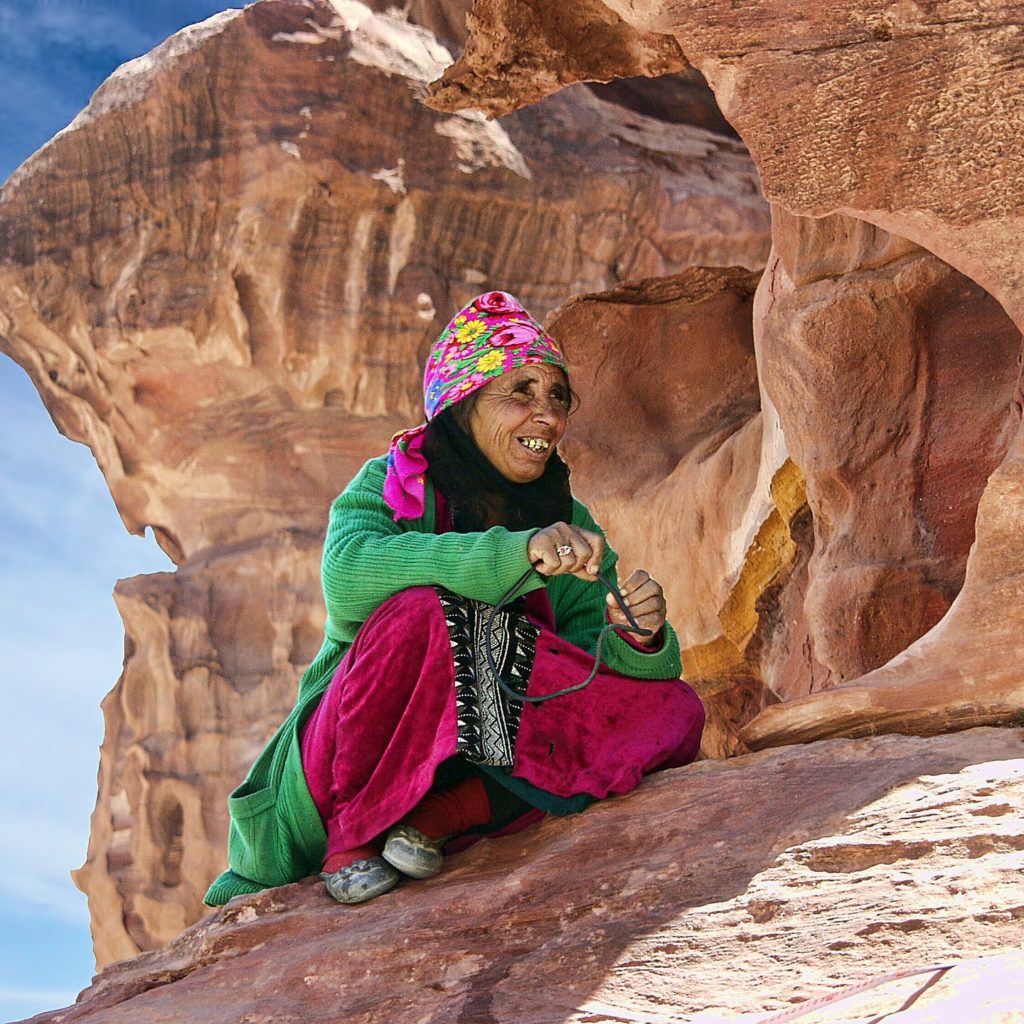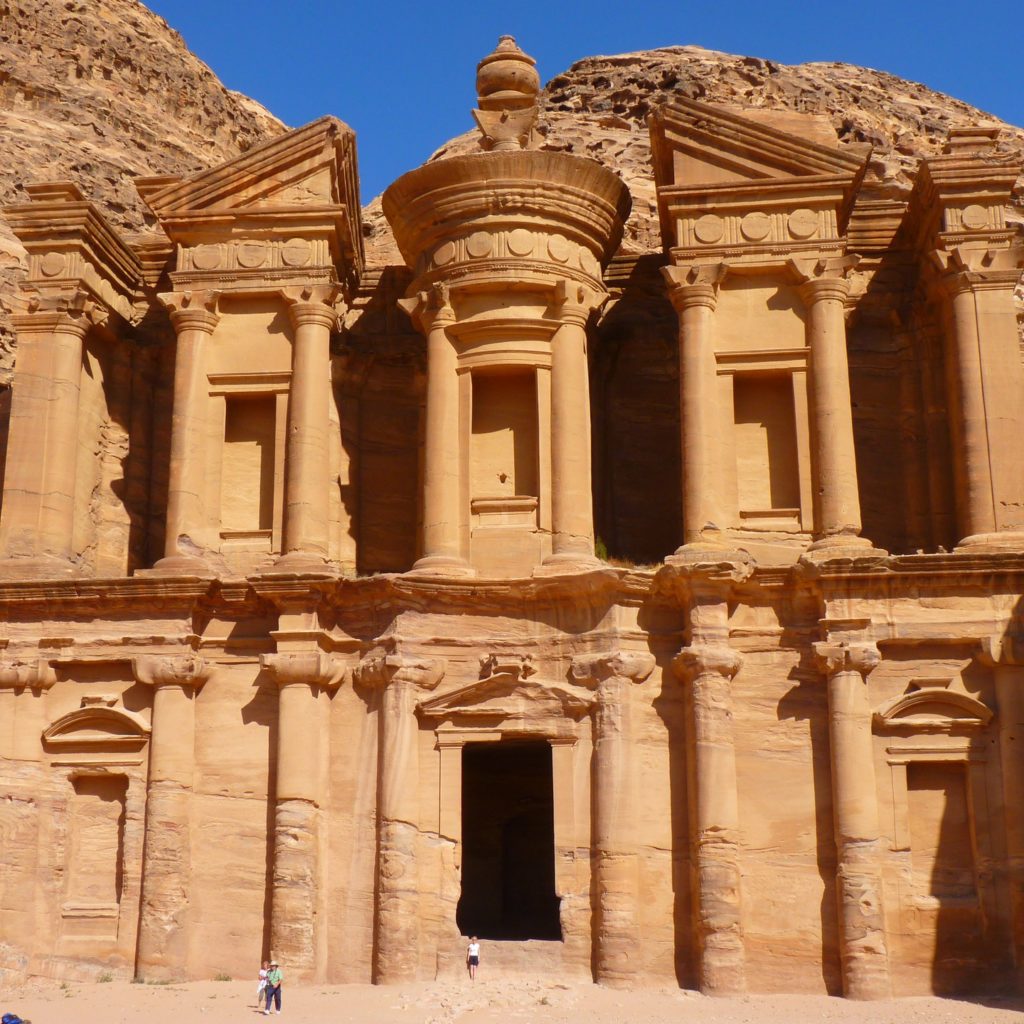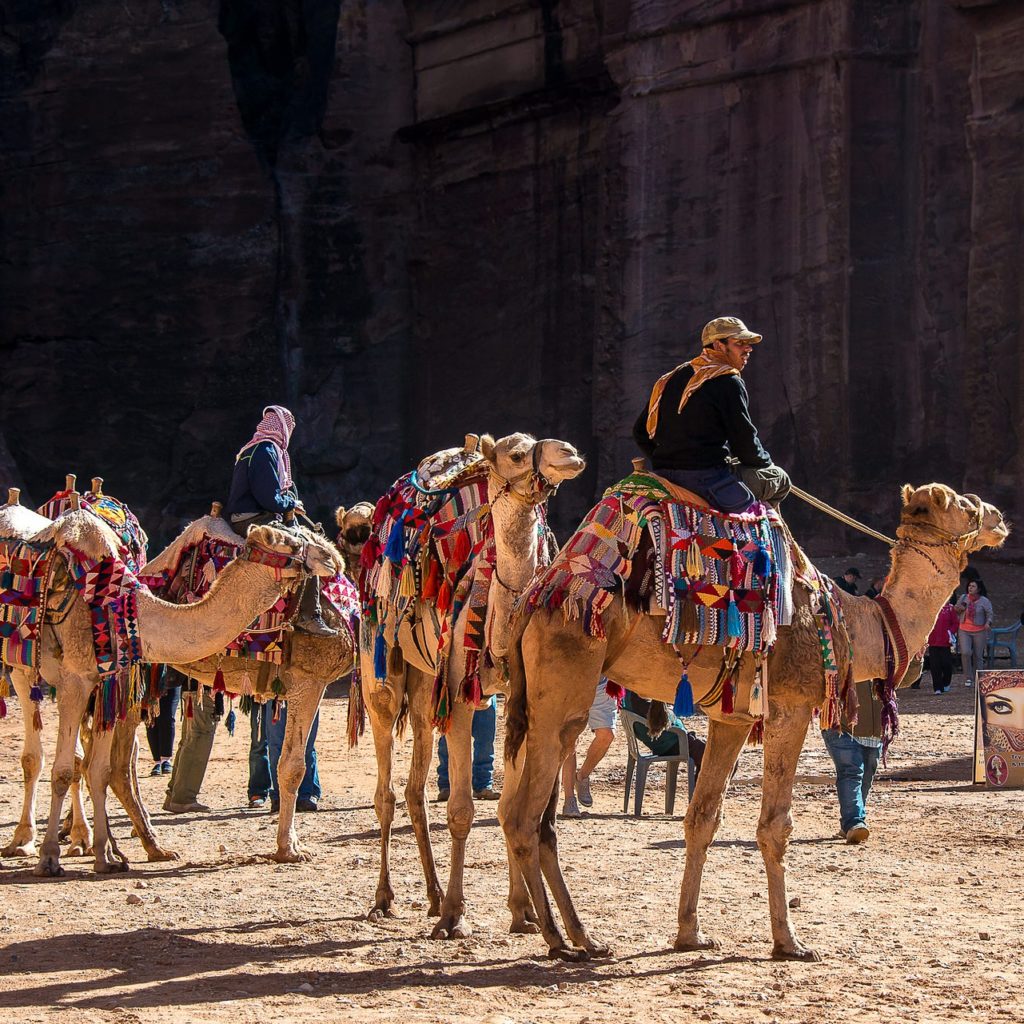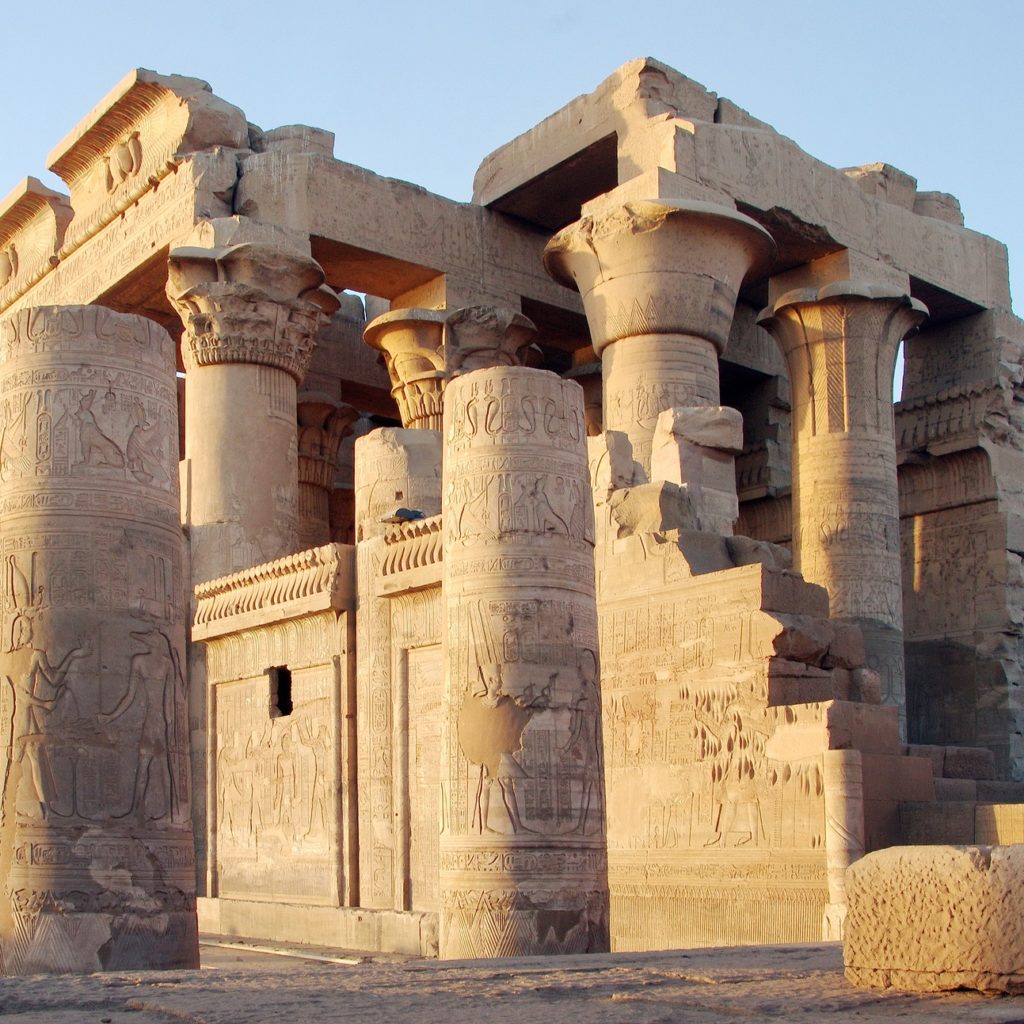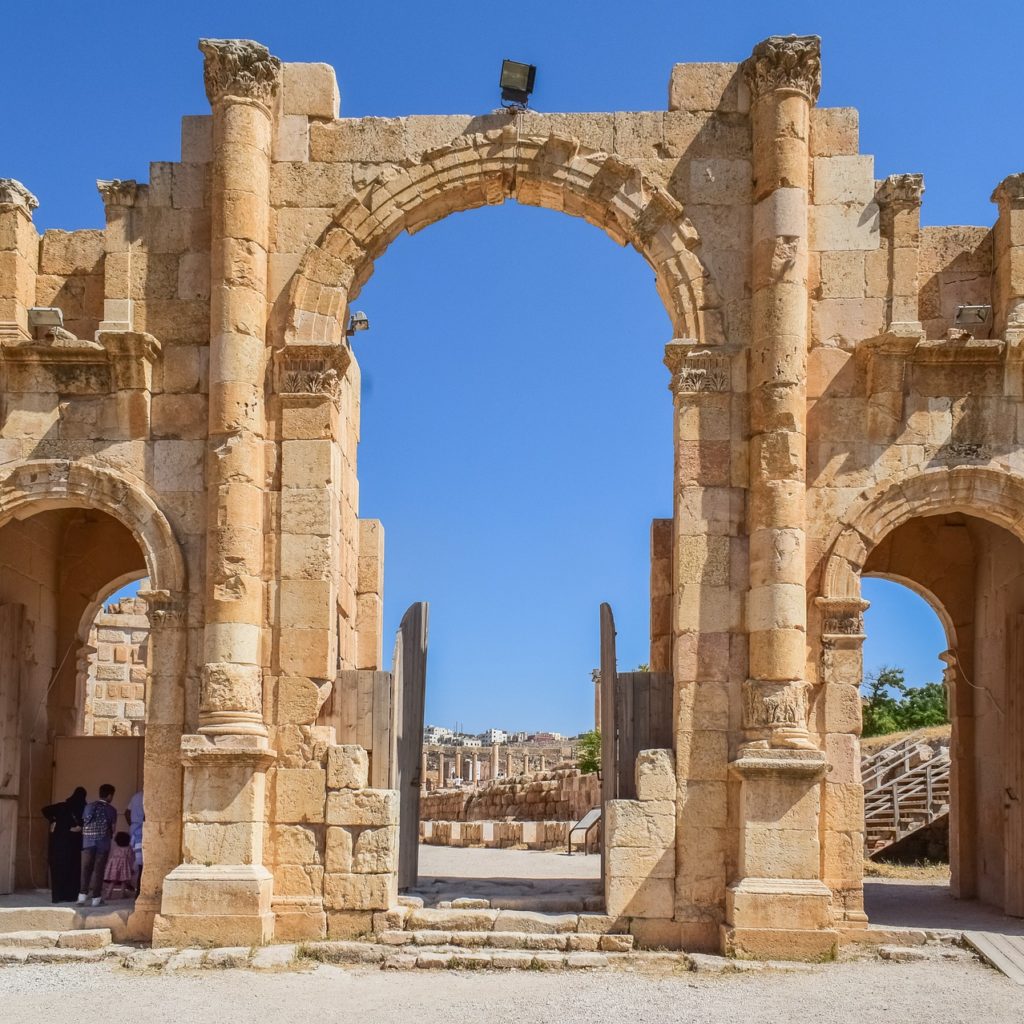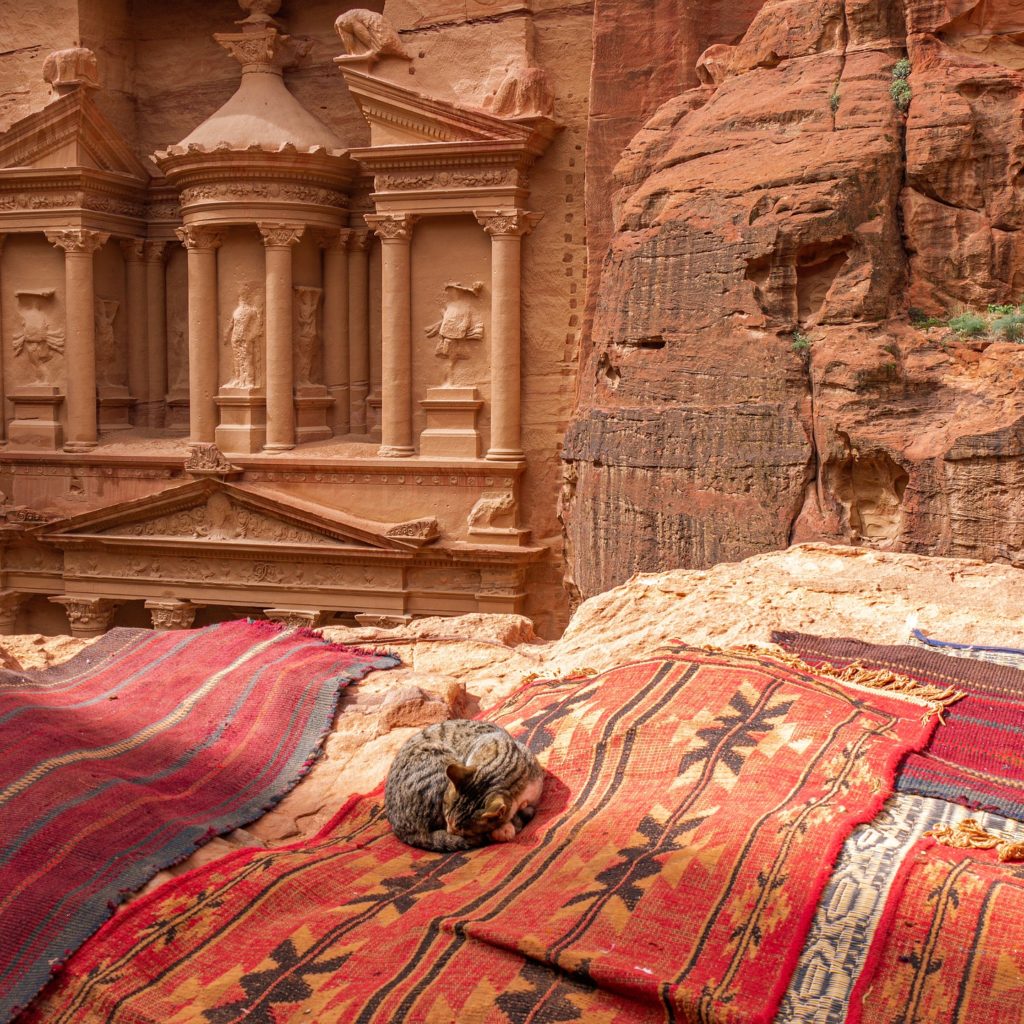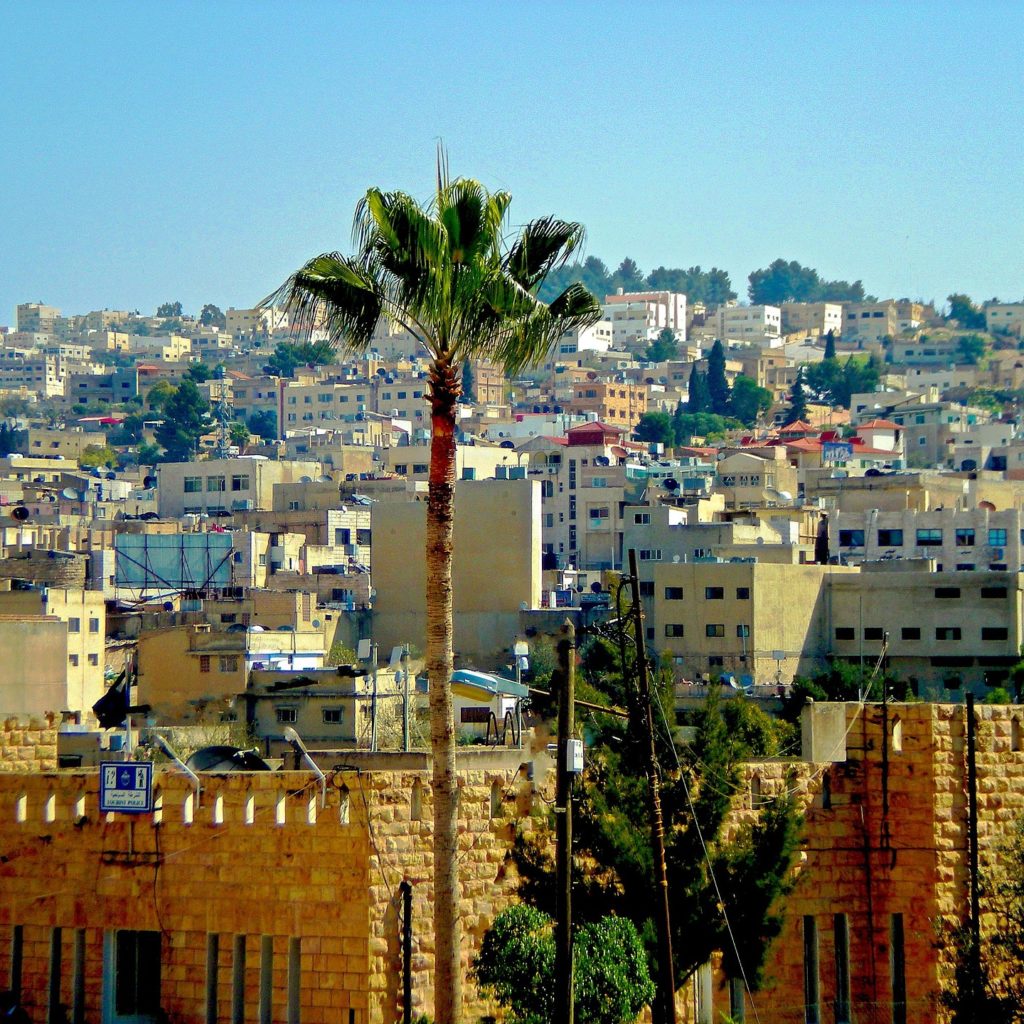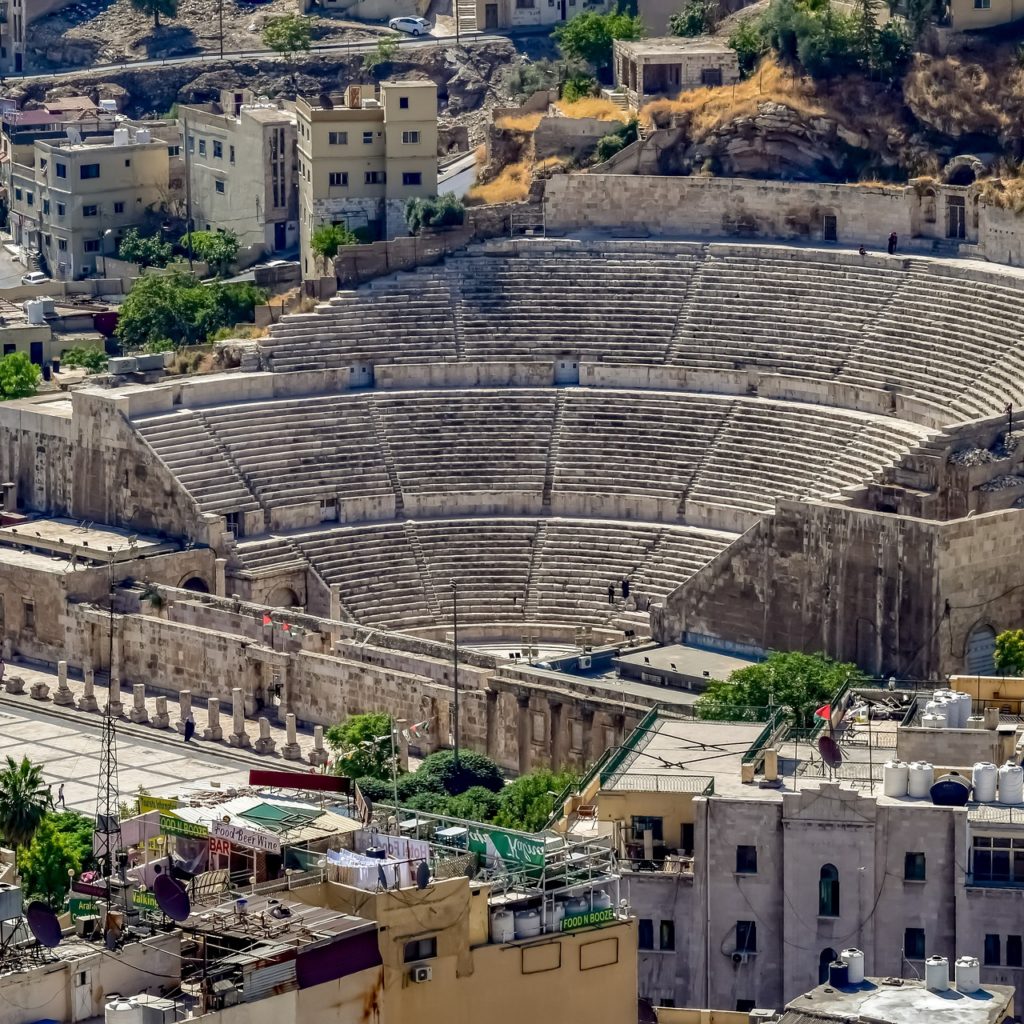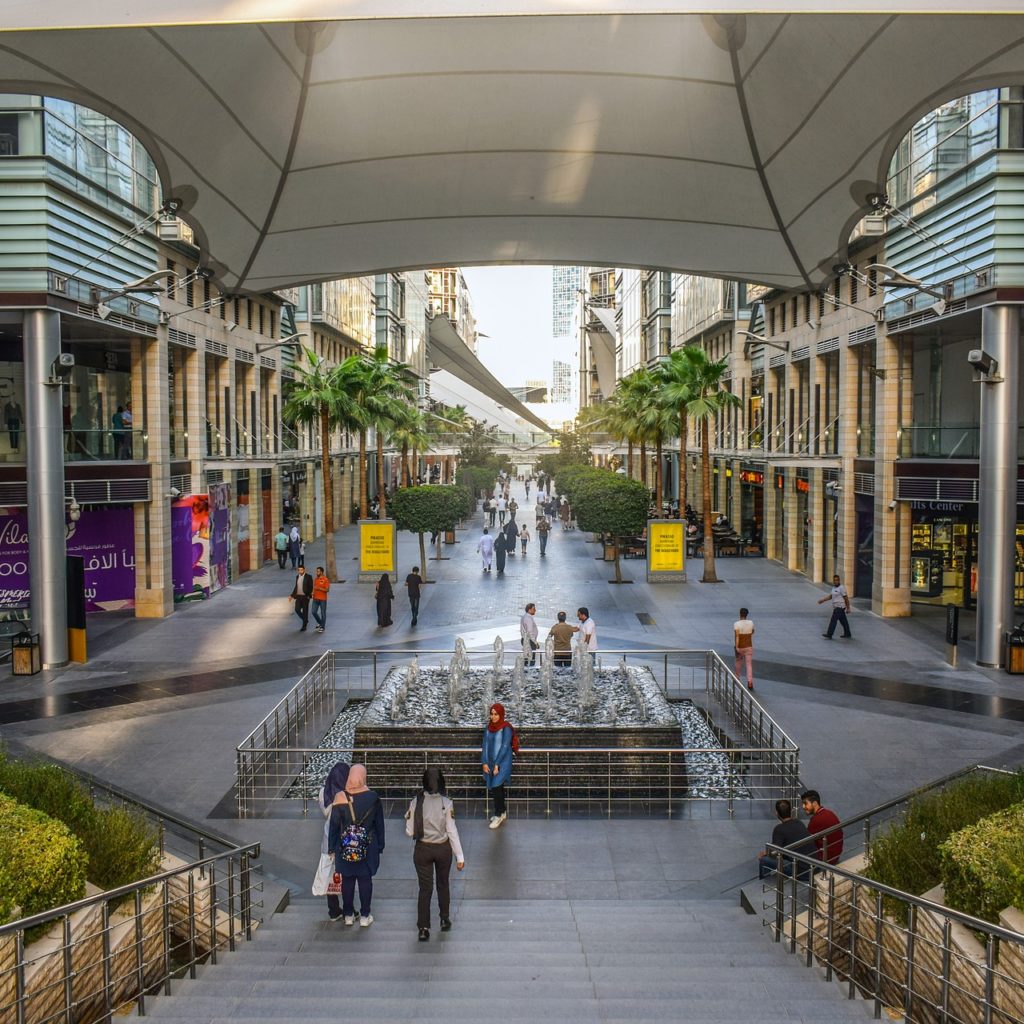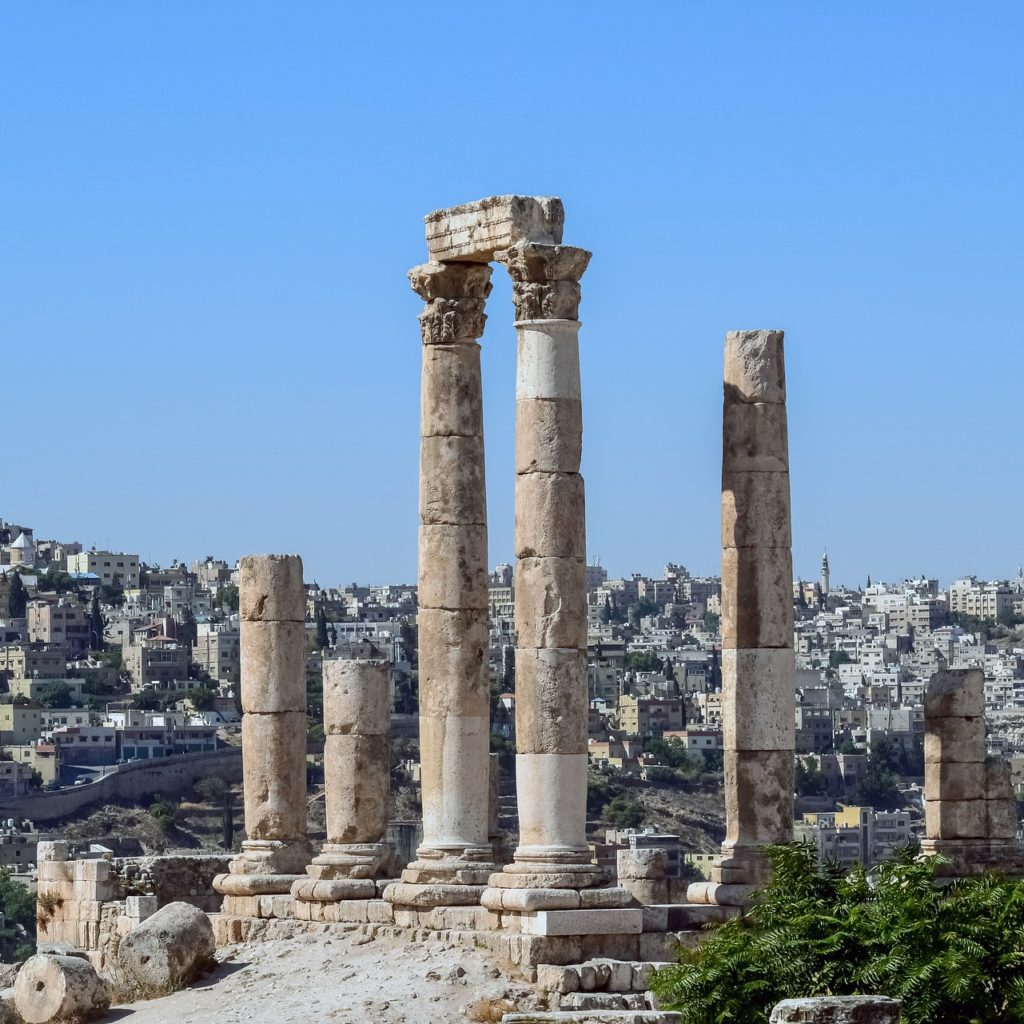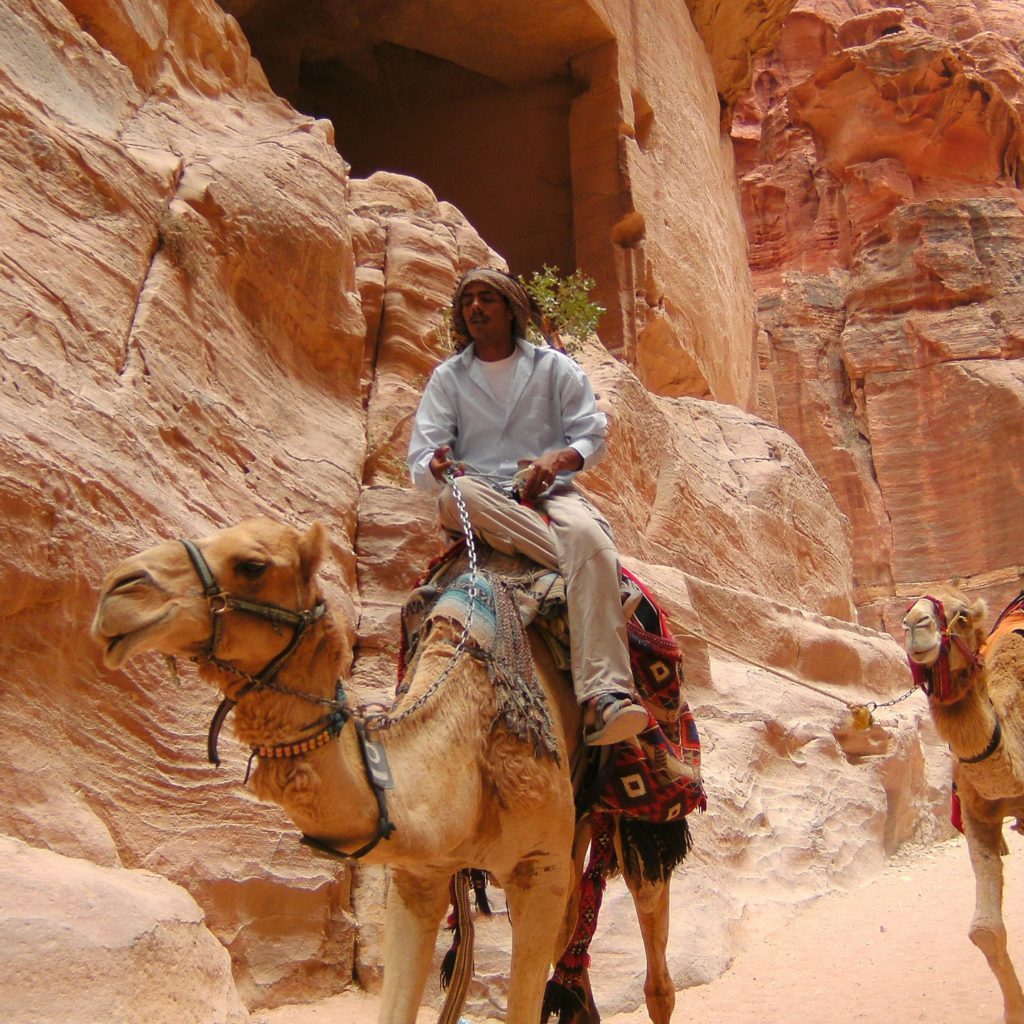JORDAN AT A GLANCE
The Hashemite Kingdom of Jordan, which once captivated ancient travellers, continues to enthrall a whole new generation as a modern, vibrant nation.
From the haunting, primeval starkness of Wadi Rum, to the teeming centre of urban Amman from the majestic ruins of bygone civilizations to the timeless splendour of the Dead Sea, Jordan is unveiled as a unique destination offering breathtaking and mysterious sights, high standard accommodations, exquisite cuisine and countless activities that can provide visitors with inspiration, motivation, and rejuvenation.
Marvelling at herds of gazelles and Oryx and migrating birds, camping amidst the grandeur of Wadi Rum or Dana Reserve, trekking the ancient caravan trails from the highlands of Moab and Edom, hiking the wooded hills of biblical Gilead, or experiencing the unique, cleansing mud baths of the Dead Sea are just a few examples of the treasures awaiting visitors to this unique kingdom.
The new stream of luxury hotels emerging in Amman, Petra, Aqaba and the Dead Sea is just adding quality to a refined product that is distinct, accessible and friendly a product that is home to a new display of modern meeting facilities and unique venues for incentive travel as well.
ENTRY VISA
Visitors to Jordan from non-Arab countries will need a visa, easily obtainable on arrival at most border points. One key exception is the crossing from the West Bank at the King Hussein (“Allenby”) Bridge. Visas are available at all other land crossings into Jordan, including the two crossings from Israel at Eilat/Aqaba and the Sheik Hussein Bridge near Irbid.
Previously notoriously complex (and expensive), visa prices have finally been standardized for non-Arabs at JD 10 for single entry, JD 20 for multiple entry, though you can receive a free, one month, ASEZA visa if you arrive in Aqaba with no visa. If you receive an ASEZA visa, you will still theoretically have to pay the visa fee if you leave the Aqaba economic zone, paid either with your departure tax, or on reentry to the Aqaba zone.
If you stay longer than one month (previously two weeks) you will have to register your passport at a police station. Most 4/5 star hotels will take care of this formality on behalf of their guests, but the process is generally quick and easy.
CITIES
- Amman — capital of the kingdom
- Zarqa — second largest city in the kingdom
- Irbid — third largest city in the north of the kingdom
- Aqaba — located on the Gulf of Aqaba / Eilat, with links to the Sinai and the Red Sea
CLIMATE
July and August are the hottest and driest months of the year, especially in Amman and the Jordan Valley, and in the desert areas, with temperatures over 97°F (36°C). Spring and autumn are the most pleasant times to visit with clear, sunny days and moderate temperatures. The winter months from November to April can be very cold, particularly in Amman, with snow, rain and wind, but there is little rainfall in the desert regions and in Aqaba, which makes a pleasant wintertime resort.] About 75 percent of the country can be described as having a desert climate with very little annual rainfall.
CURRENCY
The currency is the Jordanian dinar (JD), divided into 1000 fils.
ATMs are just about everywhere, except again in Wadi Rum. This also might change when the new Tourist Centre is finished, but right now you need to draw whatever you need before you reach Wadi Rum. Your guide there will expect payment in cash, but is probably not overly worried in what currency.
PETRA AND JORDEAN
Images of the ancient Nabataean city of Petra, carved from the rock over a thousand years ago, have long been most people’s first impression of Jordan. President Barrack Obama is one of the honorable visitors of Petra during 2013.
But while Petra is indeed one of the most stunning attractions in the Middle East, Jordan offers so much more for the modern traveler.
A well-travelled bridge between sea and desert, east and west, the Hashemite Kingdom of Jordan is a land of mesmerizing beauty and contrasts, from the Jordan Valley, fertile, ever changing, to the remote desert canyons, immense and still. Visitors can explore splendid desert castles, gaze in awe at the haunting wilderness of Wadi Rum, or bathe in the restful waters of the Red Sea.
For adventure lovers, there’s horse riding, 4×4 safaris, rock climbing and hiking. For taking it easy, nothing on earth compares to the Dead Sea and the Red Sea, with their many spa facilities.
Modern Jordan was founded by King Abdullah I after World War I. It was ruled by his grandson, the late King Hussein, for 46 years until his death in 1999, when his son, King Abdullah II, assumed the throne. Jordan has grown into a modern nation that has enjoyed a remarkable measure of peace, stability and economic growth in recent decades.

